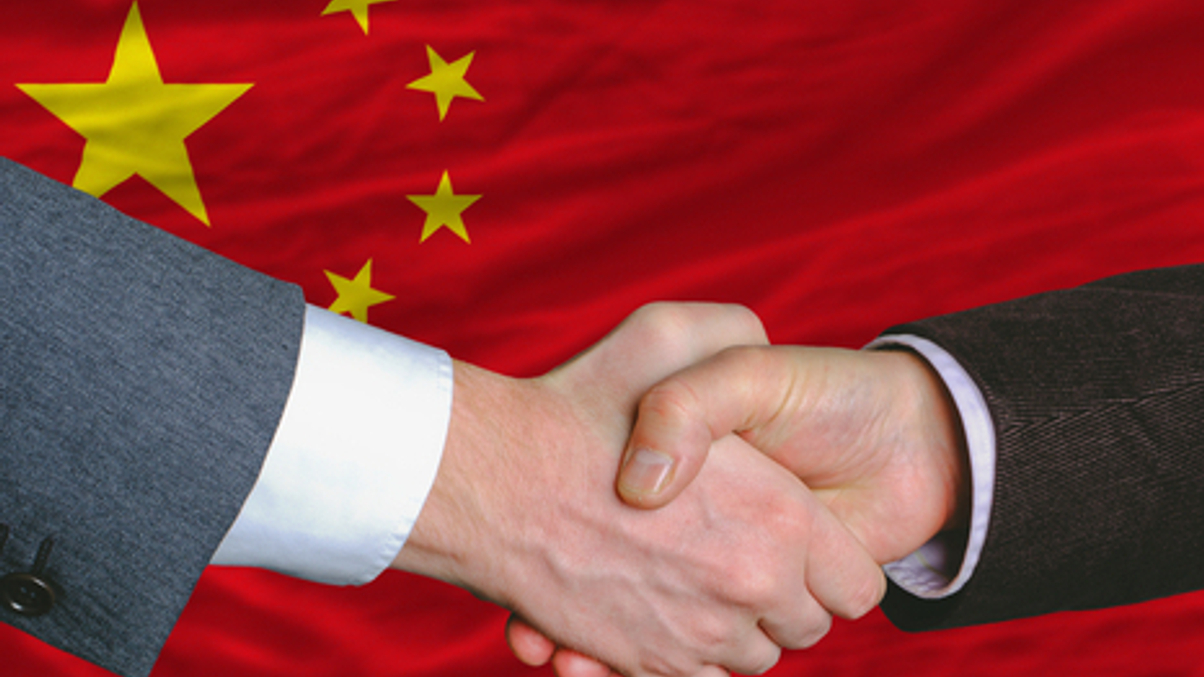CIC ramps up real asset push, cuts bond exposure
China's sovereign wealth fund is accelerating its overseas drive into private equity, property and infrastructure after recording a return of 6.22% last year.

China Investment Corporation (CIC) is on a concerted drive to expand its exposure to private markets globally, continuing a push that has seen its allocation to the asset class surpass $20 billion, according to its latest annual report.
Sign in to read on!
Registered users get 2 free articles in 30 days.
Subscribers have full unlimited access to AsianInvestor
Not signed up? New users get 2 free articles per month, plus a 7-day unlimited free trial.
¬ Haymarket Media Limited. All rights reserved.


